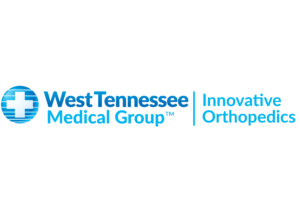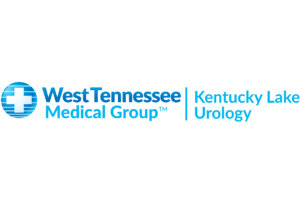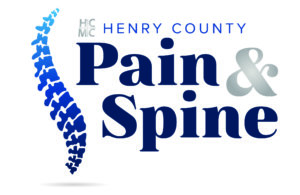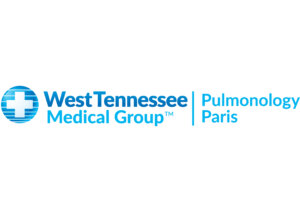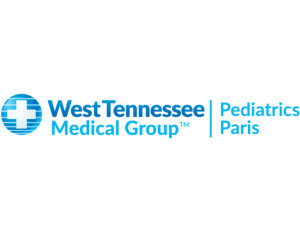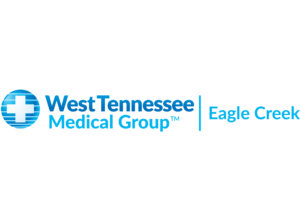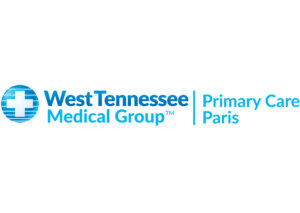
Mask wearing has become a much debated topic since the coronavirus pandemic began in the United States. Initially, The Centers For Disease Control and Prevention (CDC) and the World Health Organization (WHO) did not recommend mask use for the general public in an effort to conserve them for the healthcare setting. However, now that mask supplies have been increased, and with the abundance of cloth masks that are available, both organizations are recommending that the public wear masks when they are in situations where social distancing is not possible as a way to slow the spread of the virus. Information about COVID-19 continues to change as more research is done and results from other countries becomes available. This information shows that wearing a mask is beneficial to the general population.
Covid-19 spreads through respiratory droplets produced when an infected person coughs, sneezes, or talks. Droplet transmission occurs when a person is in close contact with an infected person, and those droplets find a point of entry into another person through the mouth, nose, and even eyes. Masks can prevent larger expelled droplets from evaporating into smaller droplets that can spread further. This is called source control. Wearing a mask along with social distancing and good hand hygiene is most effective at keeping a person from infecting someone else. According to the CDC, recent studies show that a significant number of people with COVID-19 are asymptomatic (no symptoms) or pre-symptomatic (those who are infected, but have not shown symptoms yet). The virus can be transmitted to others before that person ever shows any symptoms, when they are still shedding the virus, which is why it is important for people to wear a mask, even if they have no symptoms. There are certain situations where the CDC does not recommend mask use. Cloth face coverings are not recommended for children under 2 or for people who have trouble breathing.
There is a common misconception that wearing a mask can be harmful to your health, which has not been proven to be true. Surgeons and nurses wear masks for hours at a time with no ill effects on their health. Some people do experience skin irritation. If that is a problem for you, try switching to a different type of material, ensuring that the mask has a layer of wicking fabric, like cotton, against the face. It is also important to change your mask if it becomes wet or dirty. If you have health issues that you feel might prevent you from wearing a mask, please discuss these with your primary care provider.
When wearing a mask, you want to be sure you are wearing it properly, or there will be no benefit from it. A mask should completely cover your nose and mouth and fit snugly against the sides of your face. The mask should not be worn around your neck or on your forehead. Try not to touch the mask while it is on your face, and if you do, wash your hands or use hand sanitizer to disinfect afterwards. When you are ready to take your mask off, either untie the strings or stretch the ear loops to removed, handling only by the straps or loops. Watch a video here about properly wearing a mask: https://youtu.be/F9SNiBF4uj0
Cloth face coverings should be washed after each use, or even daily. You can either wash them in your regular laundry using regular laundry detergent and the warmest appropriate water setting recommended for the cloth or you can wash by hand using a solution of 4 teaspoons of household bleach per quart of room temperature water, soaking for at least 5 minutes. Once washed, they can either be air dried or dried in the dryer using the highest heat setting.
Henry County is asking Henry Countians to #MaskUp, encouraging masking while in public where social distancing is not possible. With an uptick in positive cases in the county and surrounding counties, now is the time to do your part by wearing a mask when you are in public. You can view the materials about masking with graphics to share and information as well as videos at maskuphc.com. The CDC website at www.cdc.gov and the Henry County Medical Center website www.hcmc-tn.org both have useful information about mask use, cleaning and how to make your own mask. Remember, it is up to us to #StandUp #MaskUp #WashUp – #MaskUpHC!
